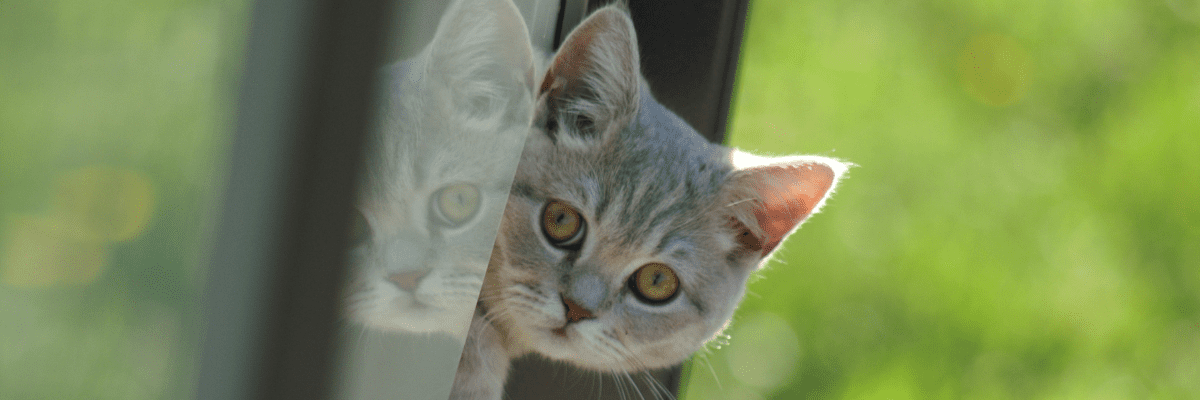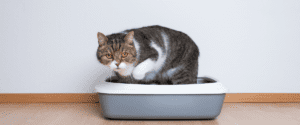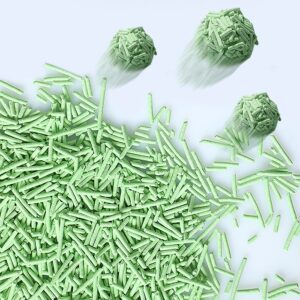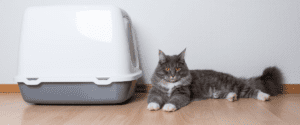Introduction
As our awareness of environmental sustainability grows, so does our desire to make eco-friendly choices in our daily lives. This includes our pets and the products we use for their care. Cat litter, an essential item for every cat owner, traditionally consists of clay, which is not only harmful to the environment but also to our feline friends. Fortunately, there is an alternative: plant-based cat litter. In this article, we will explore the numerous benefits of plant-based cat litter and why it is a sustainable and eco-friendly choice for both our cats and the planet.
Environmental Impact of Traditional Cat Litter
Traditional cat litter is primarily made from clay, which is obtained through mining. The extraction process destroys natural habitats, causes soil erosion, and disrupts ecosystems. Additionally, the transportation and packaging of clay-based litter contribute to carbon emissions and waste accumulation.
Furthermore, clay litter is not biodegradable and ends up in landfills, where it can take hundreds of years to break down. The excessive disposal of clay-based litter further exacerbates waste management problems and puts a strain on our planet’s resources.

Plant-Based Cat Litter: A Sustainable Solution
Plant-based cat litter offers a sustainable and eco-friendly alternative to clay-based litter. It is typically made from renewable and biodegradable materials, such as corn, wheat, wood, or recycled paper. Let’s explore the various benefits that make plant-based cat litter an excellent choice for conscientious pet owners:
Biodegradability and Compostability
One of the most significant advantages of plant-based cat litter is its biodegradability and compostability. Unlike clay litter, which sits in landfills for centuries, plant-based litter breaks down naturally
Reduced Carbon Footprint
Plant-based cat litter often has a lower carbon footprint compared to traditional clay litter. The production process for plant-based litter involves fewer energy-intensive steps, resulting in reduced greenhouse gas emissions. Additionally, the use of renewable materials decreases the reliance on non-renewable resources, further contributing to a more sustainable future.
Natural Odor Control
Another advantage of plant-based cat litter is its natural odor control properties. Many plant-based litters contain natural absorbents, such as activated charcoal or baking soda, which effectively neutralize unpleasant smells. This eliminates the need for artificial fragrances or chemical additives that can be harmful to both cats and humans.
Dust-Free and Allergen-Free
Traditional clay litter often produces a significant amount of dust, which can be problematic for cats with respiratory issues or allergies. Plant-based cat litter, on the other hand, is typically dust-free or has significantly lower dust levels, promoting better air quality in your home. This makes it a healthier choice for both your furry companion and yourself.
Gentle on Cat’s Paws
Cats are notorious for being sensitive to textures, especially when it comes to their litter boxes. Plant-based cat litter offers a softer and more comfortable texture compared to clay litter. This gentle texture is especially beneficial for cats with delicate paws or those prone to developing litter box aversions.
Choosing the Right Plant-Based Cat Litter
When selecting plant-based cat litter, there are a few factors to consider to ensure you make the best choice for your cat and the environment:
Material Source
Check the source of the plant-based materials used in the litter. Look for sustainable options such as renewable crops, recycled materials, or by-products from other industries. Ensuring that the materials are responsibly sourced will help minimize the environmental impact.
Clumping vs. Non-Clumping
Plant-based litters are available in both clumping and non-clumping varieties. Clumping litters are convenient for easy waste removal, but they often contain natural clumping agents like bentonite, which may not be as environmentally friendly. Non-clumping litters, on the other hand, are typically made solely from plant-based materials, but they may require more frequent litter box cleaning.
Cat Preference
Consider your cat’s preference when switching to plant-based litter. Cats can be particular about the texture and scent of their litter, so it may take some trial and error to find the right plant-based litter that your cat accepts. Gradually transitioning from your current litter to the new plant-based option can help ease the transition for your feline friend.
Proper Disposal and Recycling
To maximize the eco-friendly benefits of plant-based cat litter, it’s important to dispose of it properly. If the litter is biodegradable, you can consider composting it in a well-managed composting system. However, avoid using the compost for edible plants to prevent any potential contamination.
If composting is not an option, be sure to dispose of the litter in a responsible manner. Check if your local waste management system accepts plant-based litter for disposal or if there are any specific instructions for handling it.
Conclusion
Plant-based cat litter offers a sustainable and eco-friendly solution for cat owners who are conscious of their environmental impact. By choosing plant-based litter, you can significantly reduce the carbon footprint, minimize waste accumulation, and provide a healthier and more comfortable litter box experience for your feline companion. With a wide variety of options available, it’s easier than ever to make the switch and contribute to a greener future for both our cats and the planet. Make the sustainable choice today and embark on a journey towards a cleaner and more eco-friendly litter box experience.
Remember to research different brands and read reviews to find a plant-based cat litter that aligns with your cat’s preferences and your sustainability goals. Some popular plant-based cat litter brands include World’s Best Cat Litter, ökocat, Yesterday’s News, and Feline Pine. These brands offer a range of options, including clumping and non-clumping varieties, to cater to different cats’ needs.

Once you have selected the right plant-based cat litter, it’s essential to introduce it gradually to your cat’s litter box. Cats can be sensitive to changes, so mix a small amount of the new litter with their existing litter and gradually increase the ratio over time. This will help your cat adjust to the new texture and scent without causing unnecessary stress or litter box aversions.
It’s worth noting that some plant-based cat litters may require more frequent cleaning or changing compared to clay litter. Monitor the litter box regularly, removing solid waste and clumps promptly to maintain a clean and hygienic environment for your cat. This will also help prevent any potential odor issues.
In conclusion, choosing plant-based cat litter is a sustainable and eco-friendly decision that benefits both your cat and the environment. By opting for renewable and biodegradable materials, you reduce the carbon footprint and minimize waste accumulation. Plant-based litter provides natural odor control, dust-free properties, and a gentle texture that promotes your cat’s well-being and comfort.
When selecting plant-based cat litter, consider the material source, whether it clumps or not, and your cat’s preferences. Ensure responsible disposal or explore composting options to further enhance the eco-friendly aspects of using plant-based litter.
Make a positive impact on the environment while providing the best care for your furry friend by making the switch to plant-based cat litter. Together, we can create a sustainable future where even the smallest choices contribute to a cleaner and healthier planet.










